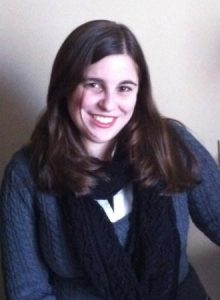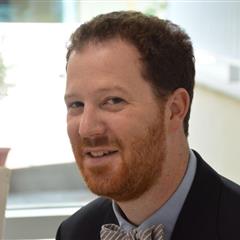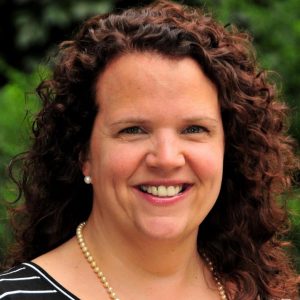 Kelly Levine, Maine State Coordinator
Kelly Levine, Maine State Coordinator
Current Title and Institution: Resident Director and Student Activities Coordinator at Southern Maine Community College
What do you do as the Resident Director and Student Activities Coordinator?
I do a little bit of everything in my role at SMCC. I am the RD for Surfsite Hall at SMCC. Surfsite is an all-male hall with around 135 residents. As part of my role as an RD, I directly supervise 3 RAs and indirectly supervise another 7, oversee the Residence Life Front Desk (open 24/7), serve on-call for the South Portland campus every other week, oversee student conduct in my building, and more. As a Student Activities Coordinator, I put on weekly programming for the SMCC community, and I advise the Student Activities Committee, which plans large scale programming on our campus.
What do you love about working at your current institution?
The residential population on my campus is very small. Only around 450 students live on the South Portland campus. I love working in a community that is this small because I truly am able to get to know the students that live here. Many of our students are high risk, high need students, so having the opportunity to develop relationships with them is incredibly important. I wouldn’t be able to help my students in quite the same way if I did not have the ability to get to know them as well as I do. I absolutely love the students that I get to work with.
How did you get involved in the New England College Personnel Association (NECPA)?
I am very new to NECPA. I relocated to Maine in August 2016 after completing a graduate program in Ohio. After relocating, I was looking for ways to network in the region, so I attended the Entry Level Professionals Workshop in late September. While at the workshop, I talked to John Mayo about professional development opportunities in Maine, and he mentioned that NECPA was looking for a Maine State Rep. I joined the board a few weeks later.
When you aren’t working or focusing on your NECPA role, how do you spend your free time?
I adopted a dog a few months ago. Her name is Zully, and she is a two year old Alaskan Husky mix. I spent a lot of time playing with her and walking her near campus.
Who inspired you to get involved in Higher Education?
It’s less who and more what. As an undergraduate student, I was extremely involved in NACURH, and my senior year of undergrad, I coordinated the programming for NEACURH conferences. Giving younger students the chance to present at conferences and seeing how excited they were with what they accomplished inspired me to pursue a career working with students. I entered the Higher Education Administration and Student Personnel M.Ed. program at Kent State directly after I graduated.
What is the most valuable lesson you have learned in your career (so far)?
I think the most valuable lesson that I have learned so far in my career is to be open to new opportunities. So many of the experiences that I’ve had have happened because I was willing to try new things and deviate from the path that I had planned for myself.
What is on your Higher Ed bucket list?
I don’t know that this is something that I’ve really thought about. I just started my first full-time job, and I’m really eager to continue learning and figuring out things here. My next steps will be long-term planning!
Why should professionals in New England get involved in NECPA?
I would love to see more professionals, especially those in Maine, join NECPA. As more professionals that join us, we will be able to provide more networking opportunities and have a greater collection of ideas and resources. Each member has the ability to better our organization!




